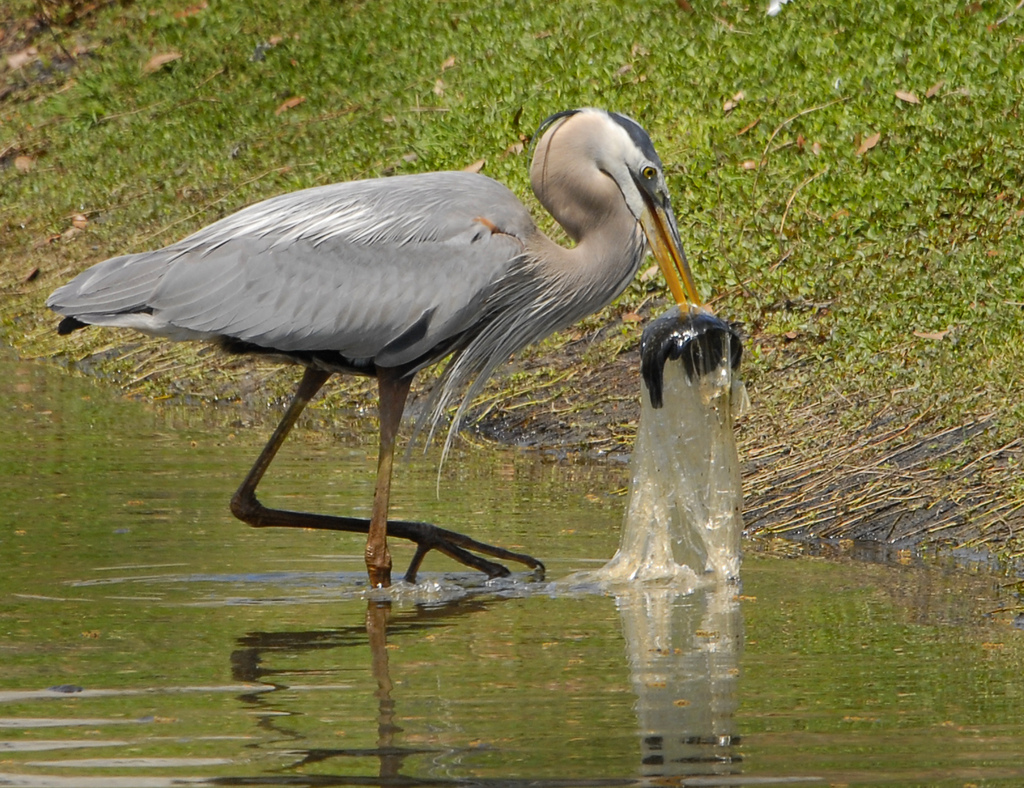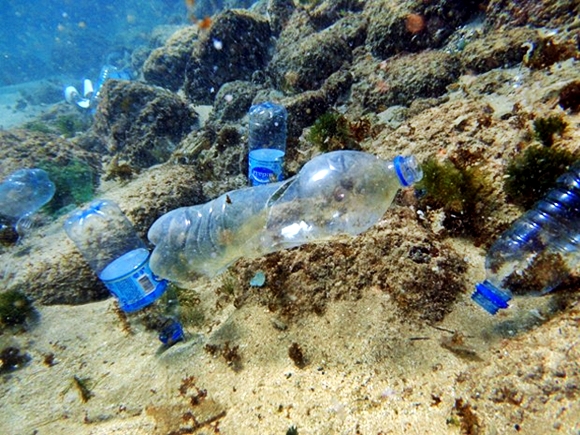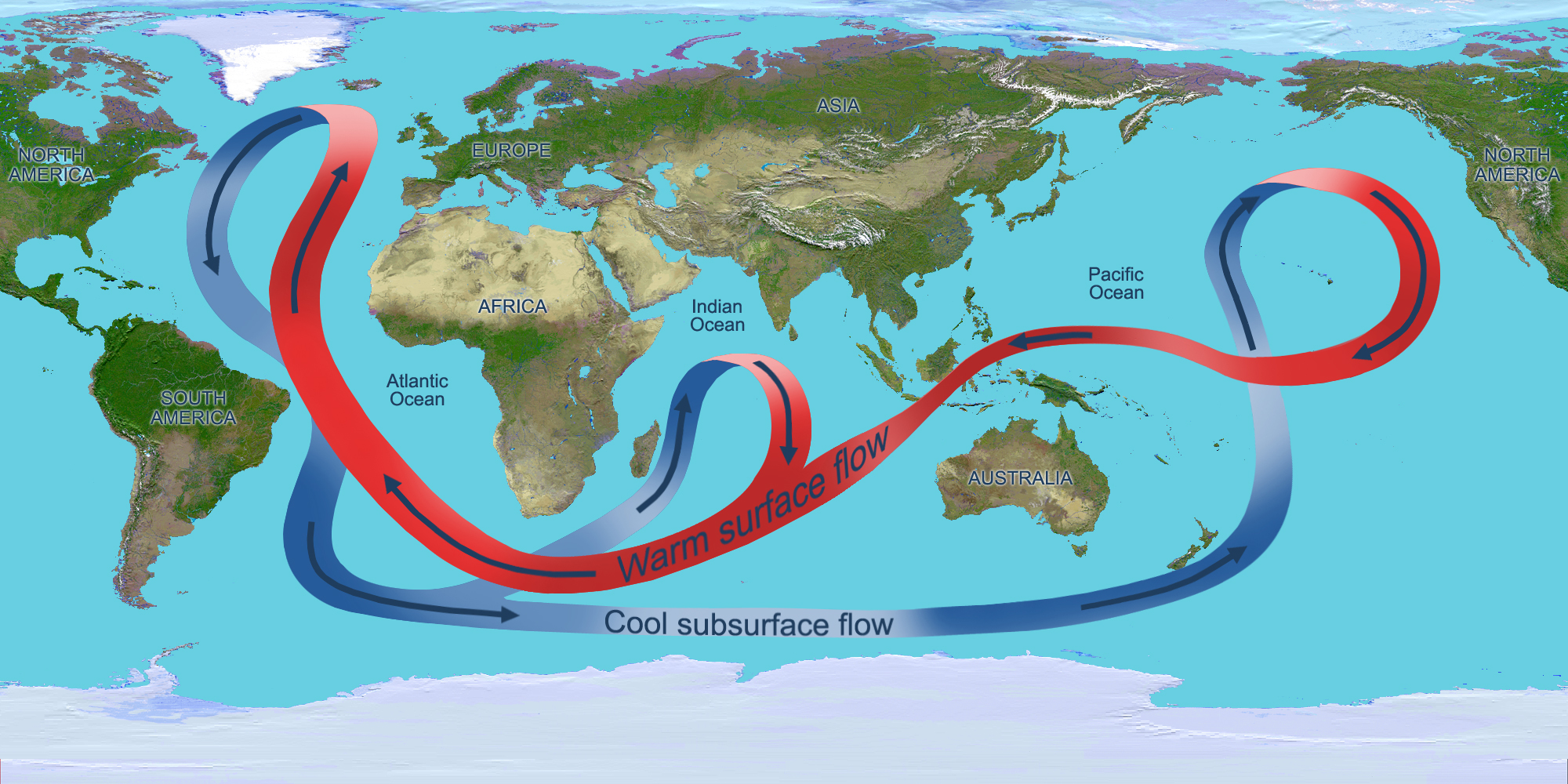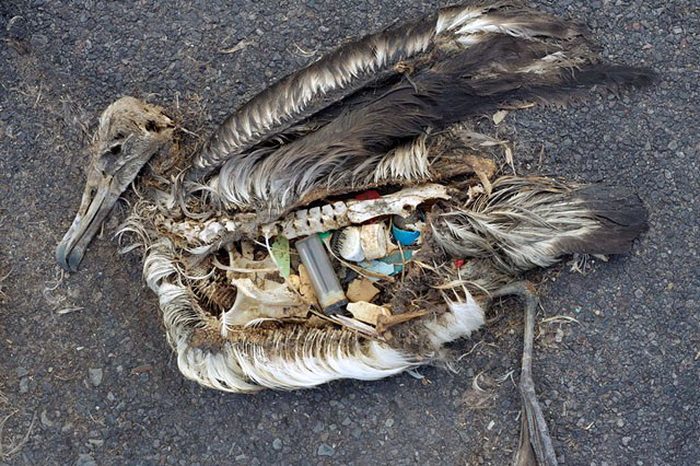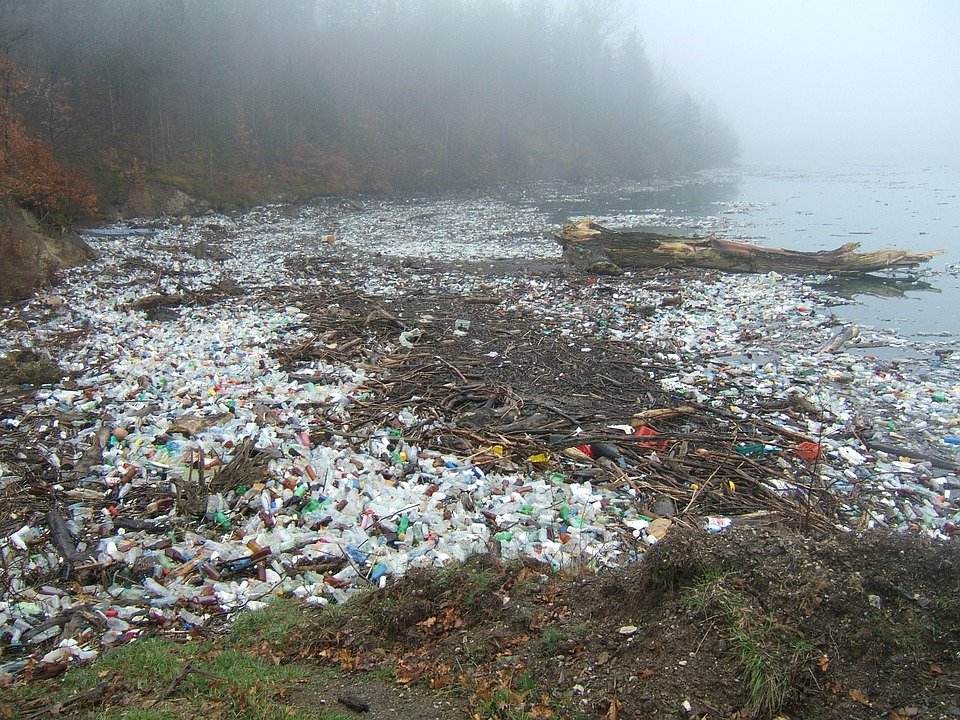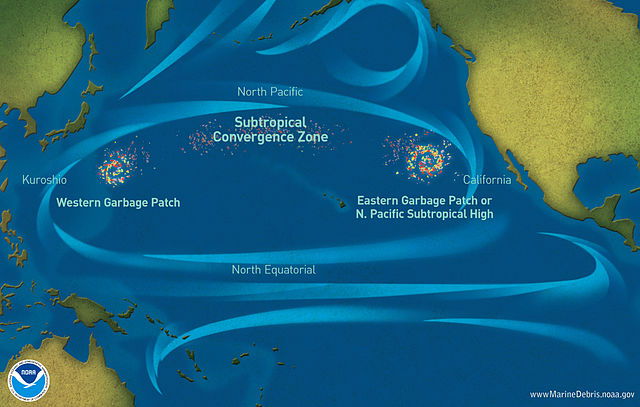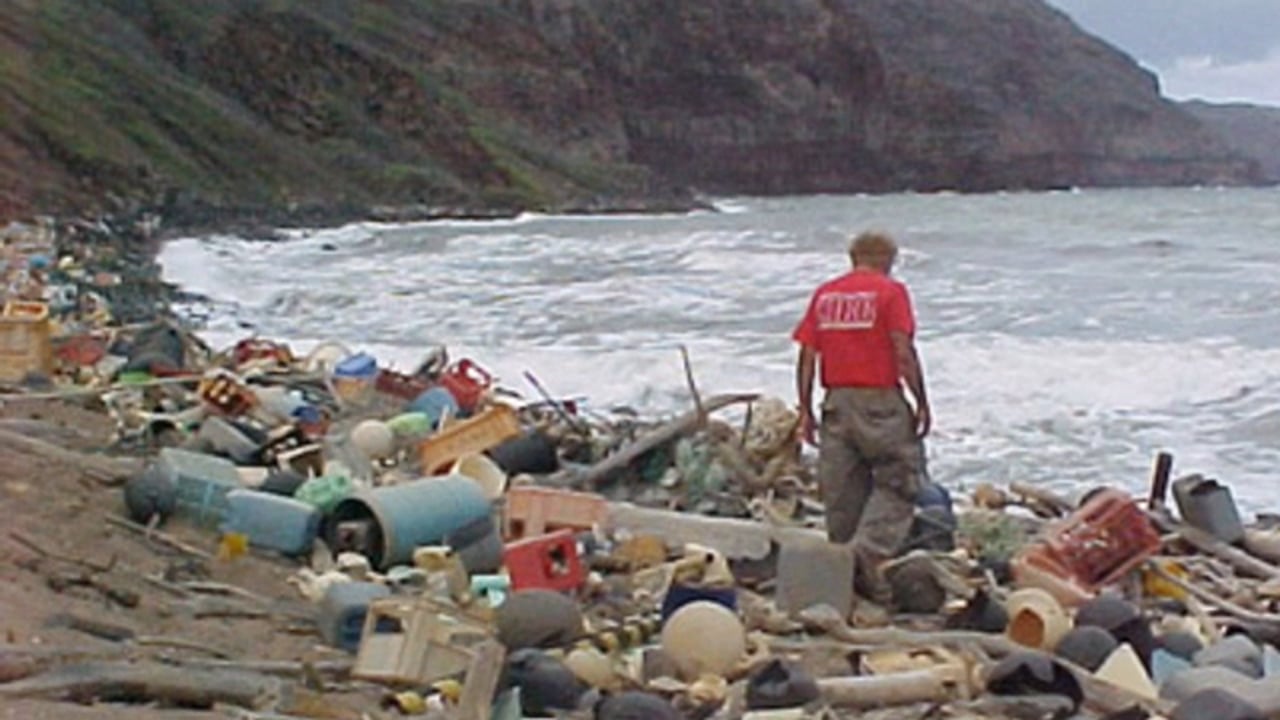Plastic: the Hecatoncheire of the oceans
(Category: poetry)
Plastic: the Hecatoncheire of the oceans
One day I buy it,
one day I dispose it,
one day it ends up in the river,
one day it discovers the ocean,
one thousand years it´ll wander the earth.
It´s much weaker than stone,
but it´ll live much longer than iron.
We created it:
cheap, abundant, expendable,
but almost immortal.
Once at the oceans,
it´s carried by the currents,
by the submerged roads of Poseidon,
by the ocean conveyor belt.
It´ll travel far away.
It may take it dozens of years,
but it isn´t in a hurry,
and it´s light,
easy task for the brawny shoulders of the waves.
Swinging in the water,
keeping smells of its previous life on land,
it seems a colorful and tasty fish.
Fish, turtles, birds,
almost any sea life is deceived:
the most impressive trick of the sea.
The bigger the mouth,
the more plastic that reaches the belly.
Whale´s guts become garbage trucks,
but every sea creature carries a bag of plastic trash.
Like having flesh, bones, blood… plastic.
The plastic not ingested
may land in deserted islands
of the Arctic, of the Pacific, of anywhere else.
Each ocean has a portion of the conveyor belt,
each ocean has plastic on the move,
each ocean has its landfill beaches.
Most will say that they´re trillions of pieces.
I´ll claim that it´s only one,
like the Hecatoncheires of the Greeks.
A large, octopus, omnipresent,
amorphous monster of plastic.
A monster we brought to life,
a monster we can´t kill,
a monster polluting the oceans,
waiting for us to leave.
Pablo Rodas-Martini
Some of the science behind the poem:
"Great Pacific Garbage Patch," undated.
"A big patch of plastic garbage has been discovered in the Arctic," April 2017.
"This 5 animals are dying because of our plastic trash... here is how we can help," February 2017.
"There is not island of trash in the Pacific," September 2016.
The Hecatoncheires or Hundred-Handed Ones are some of the least known characters of Greek mythology, in fact they´re very rarely mentioned or portrayed. Born from Mother Earth, they were some of the oldest creations. Cronus imprisoned them in Tartarus after defeating his father Uranus. When Zeus rebelled against Cronus, he liberated them; they fought at his side, while the Cyclopes at the side of Cronus.
